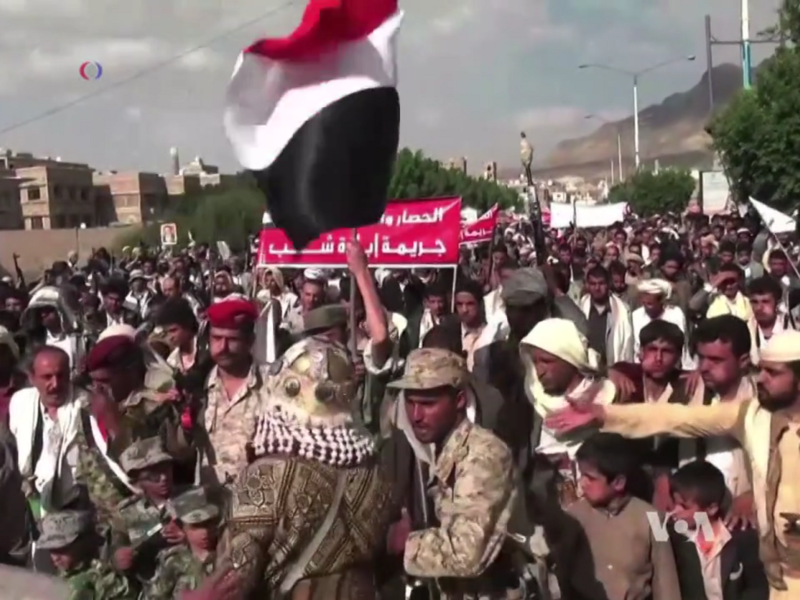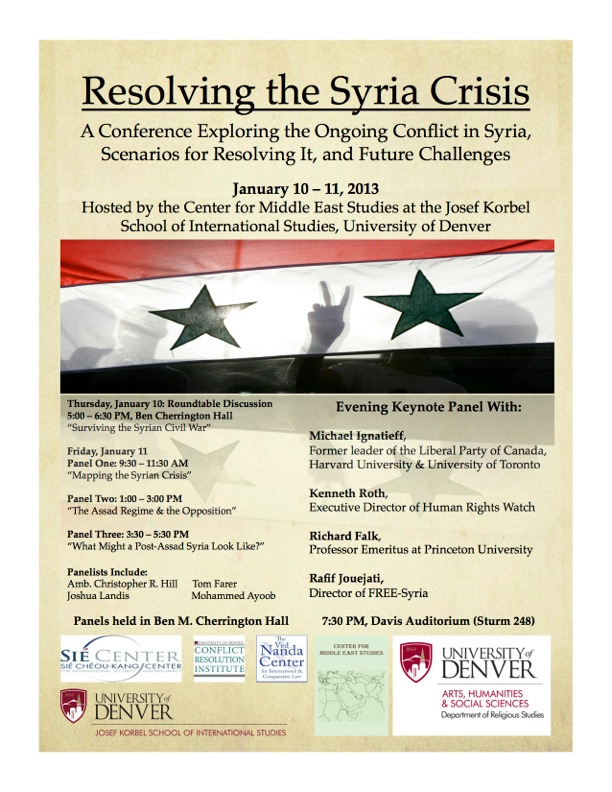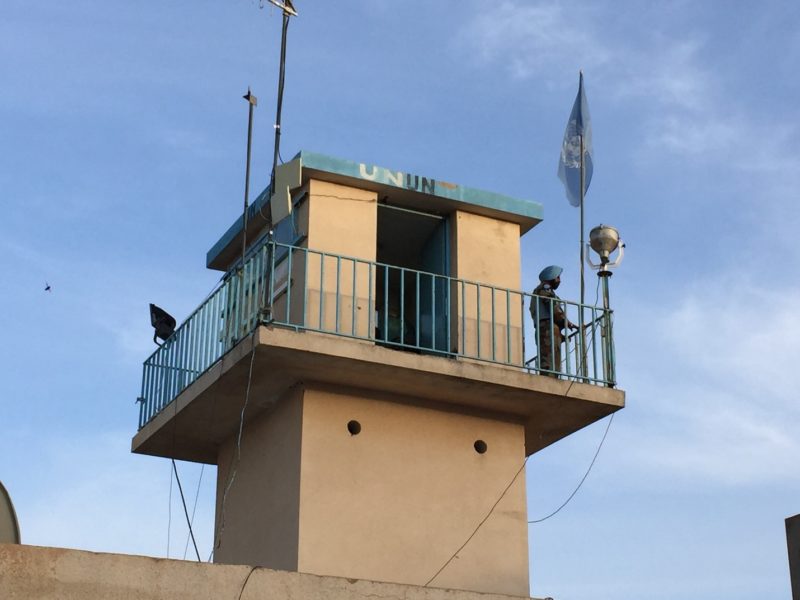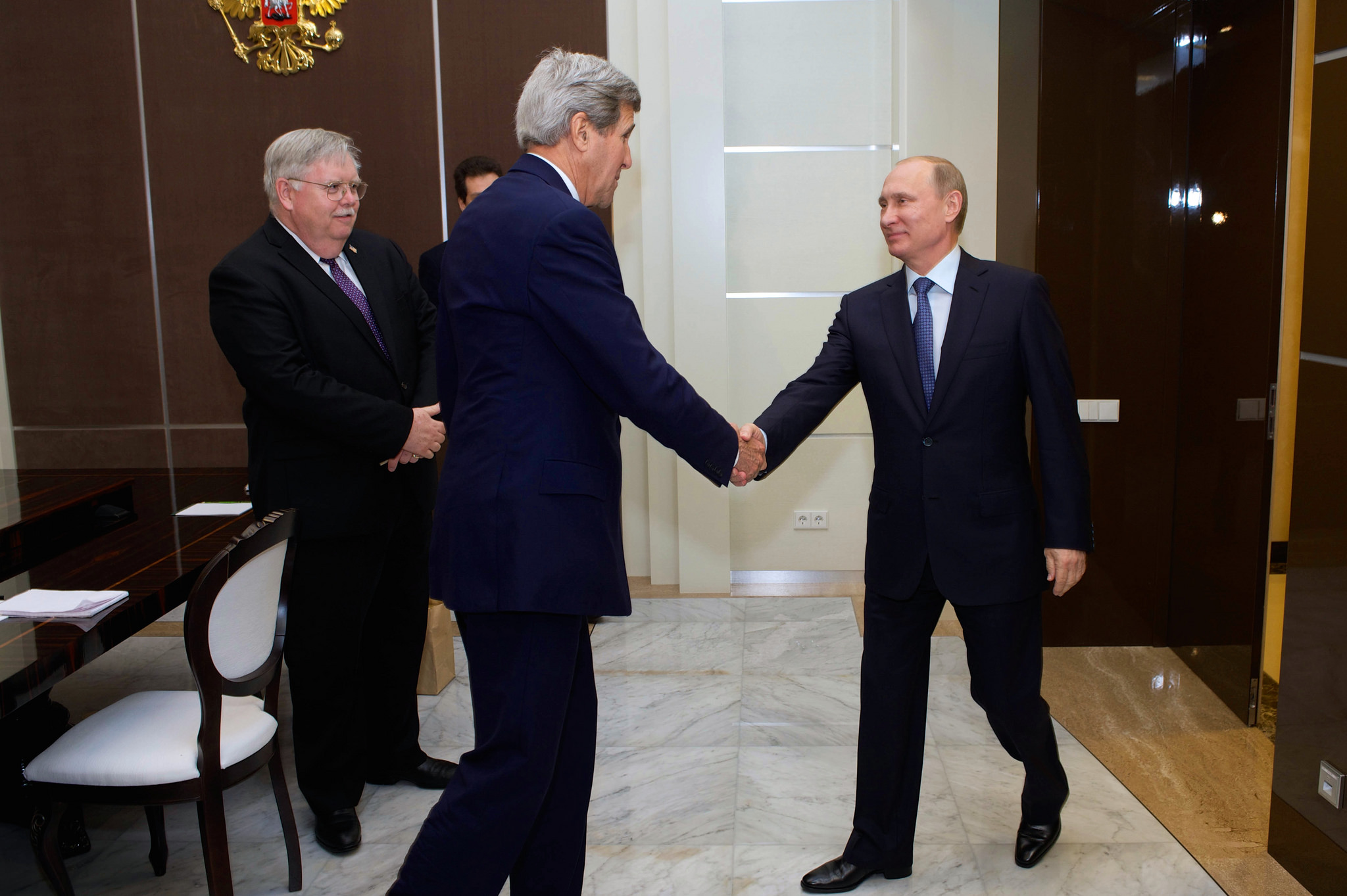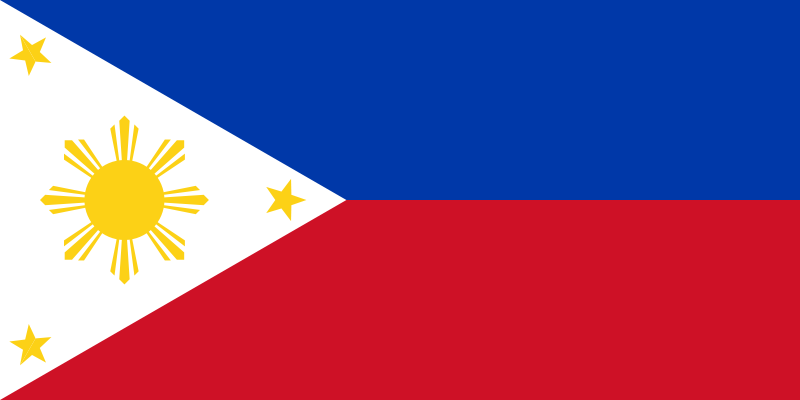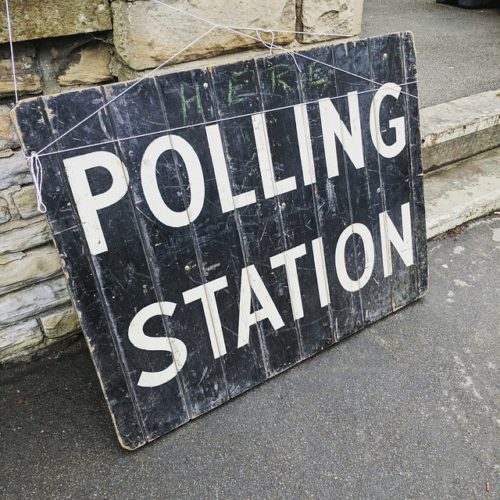By Isak Svensson and guest contributor Magnus Lundgren
As one of the last foreign policy decisions taken during his presidency, Donald Trump decided to place Ansar Allah, commonly known as the Houthi movement in Yemen, on the US list of designated terrorist groups. The United Nations and humanitarian organizations warned that this decision would jeopardize humanitarian efforts in a country with a suffering population on the brink of starvation. The decision may also complicate efforts to bring the Yemeni conflict to a negotiated settlement. The Stockholm agreement, reached in December 2018, between representatives of the Houthis and the government in Aden, stipulated a ceasefire and a set of confidence-building measures. Though the agreement has not been universally respected or adequately implemented, it has provided the basis for further negotiations aiming to settle the conflict. It is now at risk of unraveling.
The designation of non-state armed groups—or state actors—as terrorists is one approach countries can use to influence actors involved in armed conflicts. This proscription approach—typically involving targeted sanctions, such as support bans or asset freezes, to weaken and stigmatize the listed groups—is becoming more common. In a recent study, we show that while virtually no armed conflicts involved terror-listed actors two decades ago, this had increased to about 40 percent in 2015.
As such, the designation of the Houthis as terrorists is part of a wider trend of increasing proscription of armed actors. This trend has several possible explanations. First, it may reflect a changing conflict landscape. In the last few decades, a rising proportion of conflicts have involved intransigent, hardline armed actors, including radical Islamists. The proscription method has been frequently used against such actors, in particular groups associated with the al-Qaeda and Islamic State (IS) networks. Second, it could be that increased proscription follows from an increased reliance by armed groups on tactics that involve violence against vulnerable groups. Data on one-sided violence against civilians, however, show no apparent increase over time.
This suggests that increasing reliance on proscription may reflect a shift in how the international community perceives and deals with armed actors. Research shows that peaceful methods of conflict resolution have become increasingly replaced by a focus on stabilization and security through predominately military means, representing a shift in the international norms of conflict management that has gathered momentum in the period since the US initiated the “war on terror” in 2001.
The formal designation of armed groups as terrorists creates a set of obstacles for international efforts to resolve conflicts peacefully. Research suggests (see here, here, here and here) that terror-listing can embolden governments, making them less willing to offer concessions, make compromises, or implement reforms. Because it stigmatizes the groups designated as terrorists, it can also shift their internal power balance in favor of hardliners, diminishing the influence of factions that may be more willing to consider conciliation and negotiations. Terror-listing can also make contacts between parties harder to establish since terror-listing creates legal roadblocks in communicating and interacting with groups listed as terrorists. This in turn affects the efforts of third-party intermediaries and mediators.
The increasing use of proscription of armed actors in the last two decades has been matched by a parallel decrease in the use of mediation to resolve armed conflicts. In our study, we found that, of 95 conflict years involving actors listed as terrorists in the 1989 to 2013 period, only two experienced some kind of mediation intervention, a considerably lower average than conflicts in general. This decline in the number of mediated conflicts is surprising, particularly given that it occurred at the same time as the international community substantially increased its institutional capacity to mediate. Paradoxically, despite the proliferation of “mediation support units,” actors’ increasing specialization in peace mediation efforts, and mobilization behind professional mediation training and research, a lower proportion of the world’s conflicts are being brought to the negotiation table today than two decades ago.
If this pattern has any predictive value for Yemen, it clearly indicates that prospective peacemakers—the UN included—will face difficulties as a result of the Trump administration’s decision.
The Houthi movement in Yemen is not, by any standard, innocent in terms of atrocities and violence against civilians. It has not respected or implemented the Stockholm agreement as it has promised to do, and should be held accountable for its actions. Still, to label the group as a terrorist outfit will only undermine efforts to bring the civil war in Yemen to a negotiated settlement and one of the world’s worst conflicts to a peaceful end.
Isak Svensson is Professor at the Department of Peace and Conflict Research at Uppsala University, Sweden and a permanent contributor to Political Violence at a Glance. Magnus Lundgren is Associate Professor at the Department of Political Science at Stockholm University.

